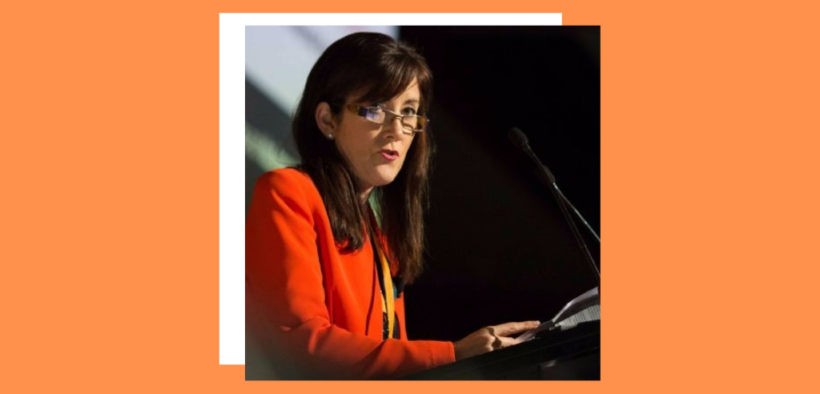Giving Governance
Share

Over the last few months, our hearts have gone out to those affected by the devastating bushfires, and in turn to the extraordinary efforts of volunteers providing services and support on the ground. It’s time to take a step back and acknowledge the people that sit behind them, believe me, there are many.
Behind the public face of any cause you will find a team of people equally as dedicated, whose work is just a vital. These are the administrators – often perceived as the ‘bad guys’, the pen-pushers, these are the people whose mission is to make sure every cent raised makes the most impact. That obligation is immense – to their fundraisers, the recipients of funds and services, as well as legislation.
The organisational structure and compliance that are required for effective governance are a serious obligation. I understand that very keenly, because my team and I manage all the compliance and reporting around charitable giving, so that companies don’t have to carry this risk. As an organisation, one of our key roles is to help our clients navigate this extensive process. It is a genuine minefield – from the validation of charitable status and tax deductibility, through to ensuring funds are distributed in accordance to the remit of the charity in question.
When funds are raised in the name of any entity, whatever the intention of the donation, the funds must be distributed in line with the legally sanctioned guidelines of that organisation. In a time of crisis, emotions run high; and amazing things can be achieved with a collective focus and the right cheerleader. However, intention and implementation are very different things, a point which Celeste Barber’s team are keenly aware of right now. Her desire, and promise to her community, that the vast amount of money raised from her online appeal would go beyond the RFS and help those affected by the fires directly was heartfelt and very powerful.
But, without an understanding of the legal structure of the Trust chosen at the RFS, it now looks like direction from the Supreme Court is needed to help resolve the situation. Tens of millions of dollars are under discussion, so it is right that every avenue is being explored to satisfy the intention of the donors, and Barber herself. It is, however, a delay and administration that could have perhaps been avoided.
It is situations like this that reinforce the need for expert advice. Simply reaching out and engaging with experts in the field, whatever industry you’re in or work you do, is never a bad idea.
This is not unnecessary bureaucracy – these are the checks and balances of responsible due diligence. The sentiment of ‘get it done’ is admirable, but let’s extend that to ‘get it done right’. Out of respect for those that need the assistance as much as those that are providing the means to make it available.
Lisa is regarded as one of the most respected experts in corporate community investment in Australia. She was appointed as CEO of Good2Give in 2012 and has transformed the organisation to be a digital innovator and integrated service provider for many of Australia and New Zealand’s largest companies delivering $20 million annually to charities. Prior to taking the helm at Good2Give, Lisa worked in leadership roles with 3M, Optus and Aussie Home Loans as well as running her own strategic consulting business. Lisa is currently on the board of the International Women’s Forum (IWF) Australia, is a board director of ShareGift Australia and was the Chair and/or a Director of Daystar Foundation from 2006-19.

























